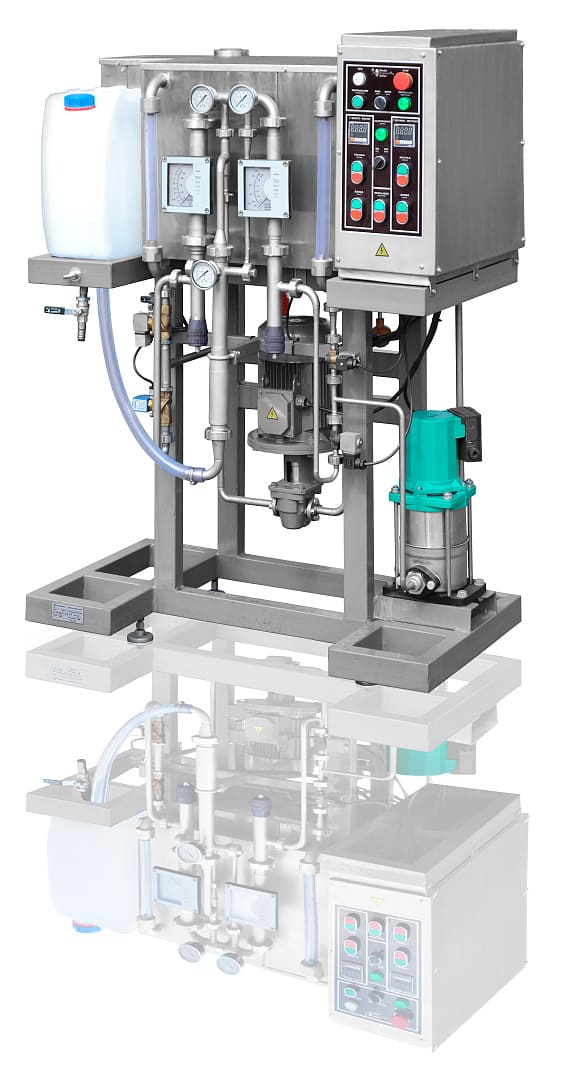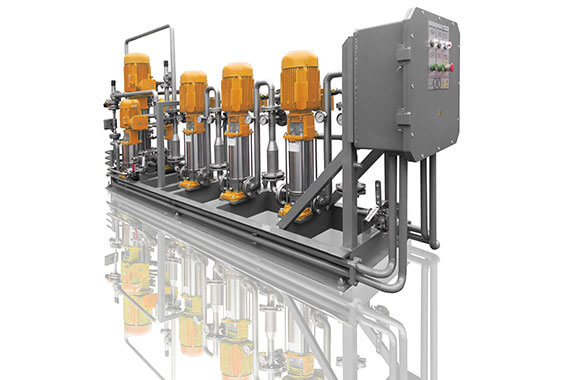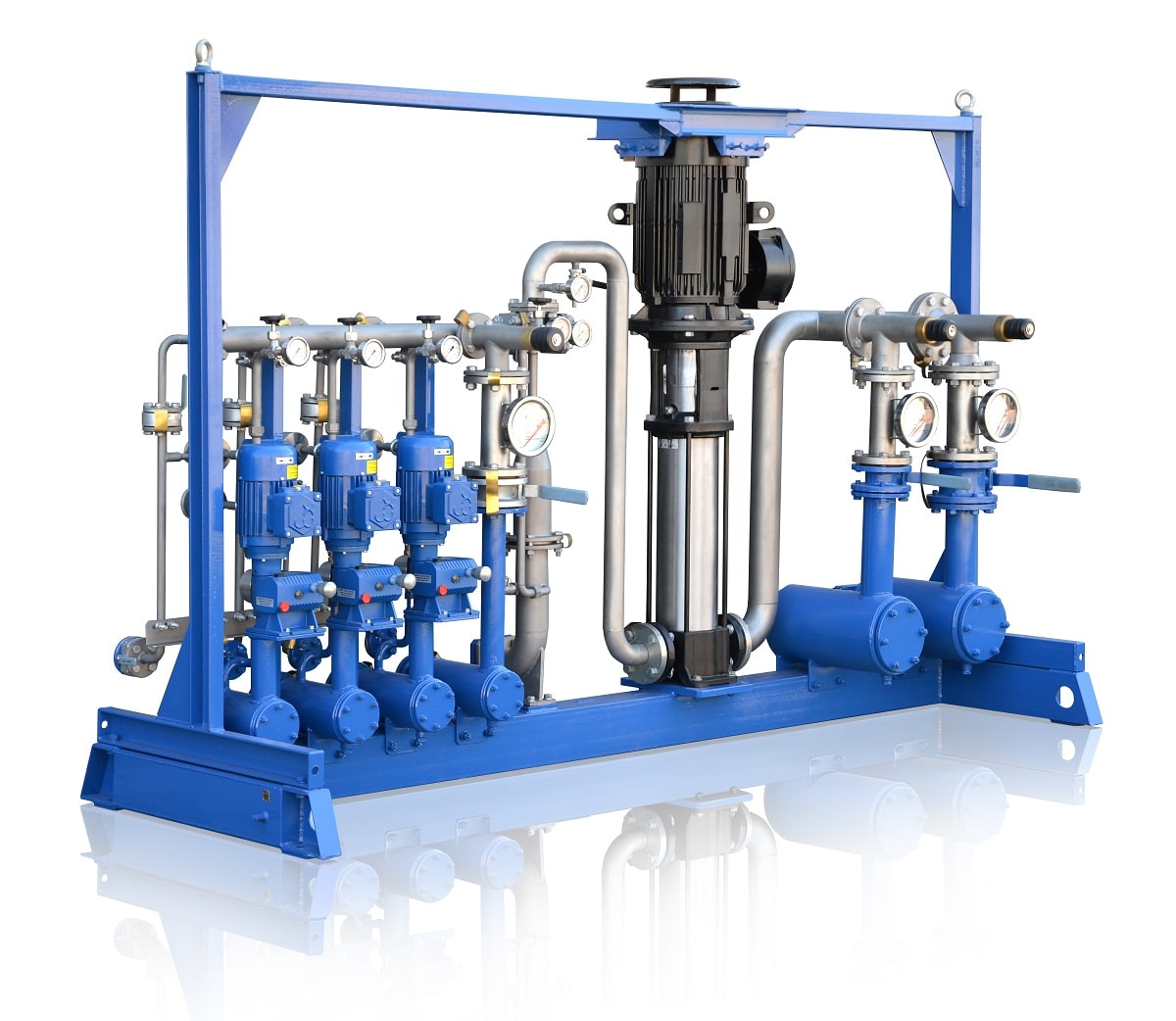Biodiesel production
Are there any particular engine performance or emissions considerations when using chicken fat biodiesel?
- This topic has 1 reply, 2 voices, and was last updated 11 months ago by .
Answers
-
April 5, 2025 at 9:06 pm by Sandra Green
Chicken fat biodiesel has high cetane numbers, excellent lubricity, and low sulfur content, promoting clean combustion. It significantly reduces CO, HC, and PM emissions but may emit slightly more NOx than petroleum diesel. In cold climates, high saturation content can cause fuel gelling, which is mitigated by blending with petrodiesel (e.g., B20), using additives, or winterizing. Biodiesel produced in the GlobeCore USB plant meets fuel standards, ensuring safe use in unmodified diesel engines.



